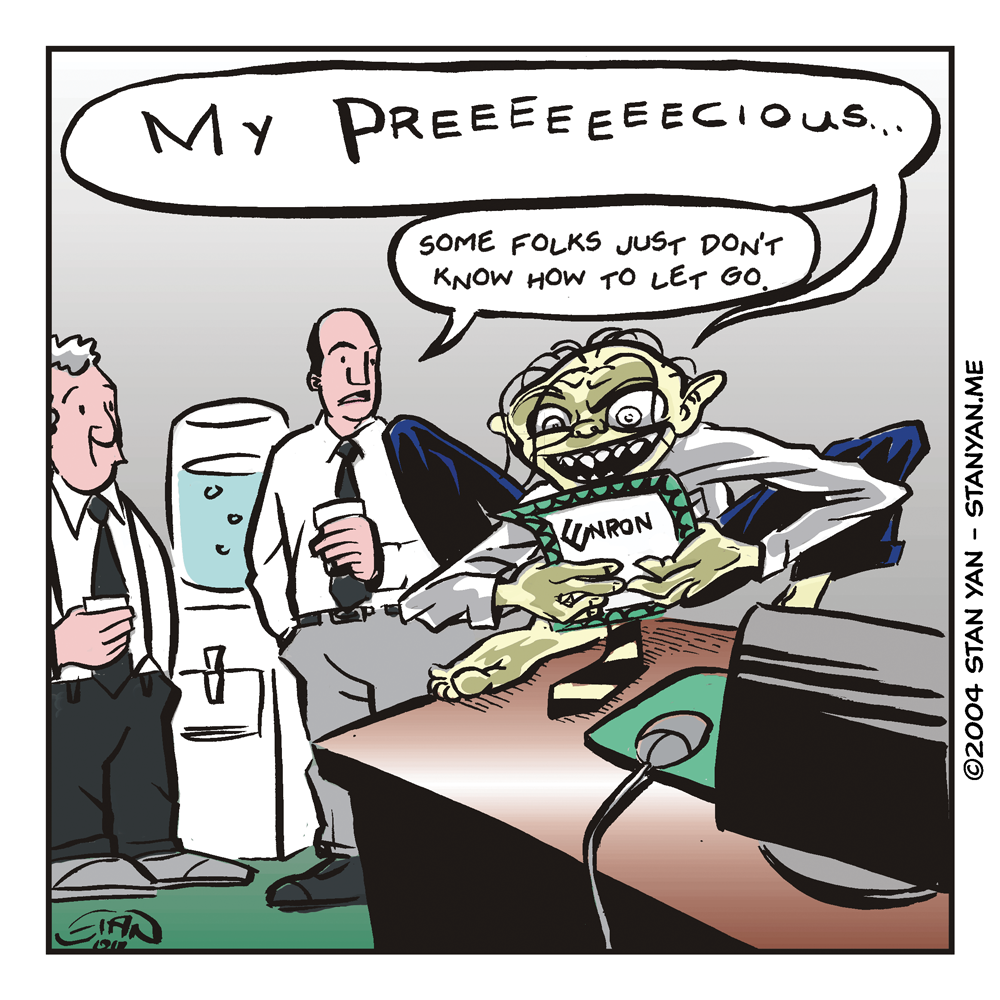Winning traders are flexible. They look at a trade from different angles and they are not afraid to explore every possibility. They know they may be wrong, but being wrong doesn’t bother them. Indeed, they often expect to be wrong. It’s vital to be flexible when examining your options. If you rigidly adhere to one course of action, you may pay the price for it in terms of losses. Try to be as flexible as possible, and you’ll see more profits.
The greatest obstacle to flexibility is fear. The fear response is often adaptive. When we perceive we are about to experience harm, it’s vital for survival that we mobilize our resources and focus all our energy on the source of harm. We tend to act the same way when we experience fear as we plan, execute, or monitor a trade. When we unconsciously perceive something is amiss, we instinctively focus our attention on the harmful agent. What usually follows, however, is rigidity. Rather than scanning and considering a variety of options, we restrict our attention.
Fear can sometimes play a role as we devise a trading plan. The rigid trader may secretly fear that his or her plan is unlikely to succeed. Rather than carefully consider all possible adverse conditions, the fearful, and rigid, trader focuses on only one possibility and develops no alternative plan of attack should an unwanted, or unanticipated, event thwart his or her trading plan.
For example, one may anticipate a stock rising during the following week, yet secretly doubt whether the move will pan out. Out of fear, the rigid trader may be afraid to consider and account for possible adverse events, such as earnings reports, a possible interest rate hike, or a sudden change in general market sentiment. The flexible trader, in contrast, has no fear of looking at all these possibilities and determining which are likely. Openness to all possibilities allows the flexible trader to change his or her plans if required, and recover from a potential setback.
People are the most inflexible when they are afraid, so the best antidote to rigidity is to reduce fear. To the extent one can trade in a relaxed emotional state, one can think openly and flexibly. Fear can be reduced by managing risk. If you know that you can survive the worst-case scenario, then you’ll feel calm and relaxed. Similarly, if you trade with money you can afford to lose, you’ll have little to fear and you can more easily examine all possible alternative factors that may impact your trading plan. By cultivating a relaxed mindset, you’ll be less fearful and more open to looking at all the possibilities. And the more flexible you are, the more profitable you’ll trade.

